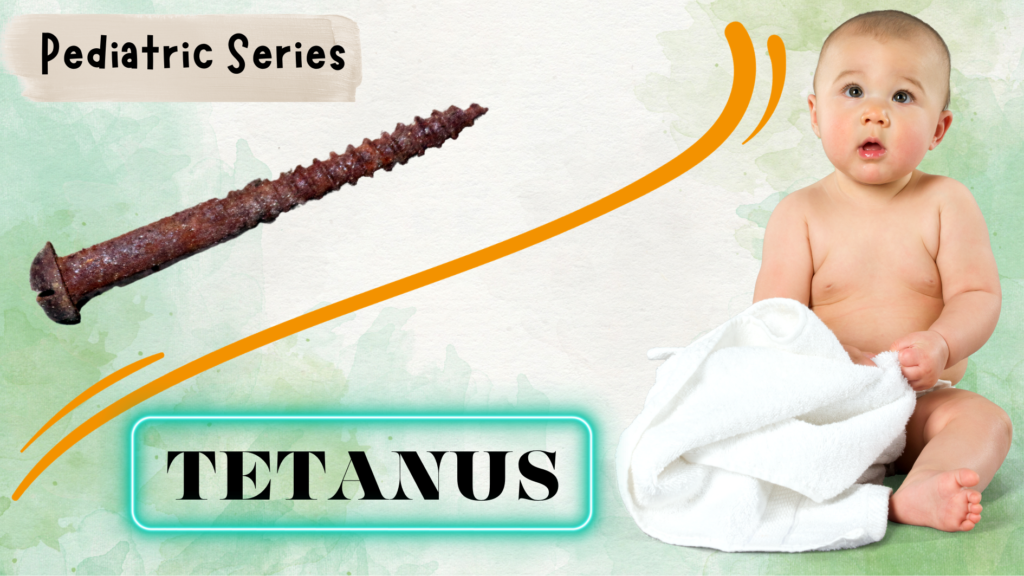The first tetanus vaccines were introduced in 1914 and not much has changed in the manufacturing process since that time. The Clostridia tetani spores can only germinate and release tetanospasmin within an anaerobic (oxygen deprived) environment. Therefore, tetanus is a problem of wound hygiene, not a problem associated with vaccination status… [1 Video, Length: 29 min, Downloadable Material, Access to Forums]
Course description:
The first tetanus vaccines were introduced in 1914 and not much has changed in the manufacturing process since that time. The Clostridia tetani spores can only germinate and release tetanospasmin within an anaerobic (oxygen deprived) environment. Therefore, tetanus is a problem of wound hygiene, not a problem associated with vaccination status.
Nonetheless, a tetanus infection is feared because it is believed to be 100% deadly and tetanus vaccines are thought to be completely protective. But are either of those premises true?
In this course, you will learn:
- The true death rate from tetanus – worldwide – and the recovery rate from a tetanus infection
- How the level of antibody said to be protective was arbitrarily established in 1937 and that it has not been changed nor verified in more than 80 years
- The ingredients in the tetanus vaccine
- Why boosters are unnecessary under most circumstances
- Why two tetanus vaccines may all you need for a lifetime
- Why hyperimmunization with tetanus vaccination (ie getting a vaccine when you really don’t need it) can cause harm to your health
- Understand why rushing to get a tetanus shot after a clean cut is not necessary at all
- The best ways to treat a wound and prevent a tetanus infection
After you study this presentation, you will think differently about the urgency of tetanus vaccination.
Thank you for your participation and your support. We hope you enjoy the course and will share your experience with others.


